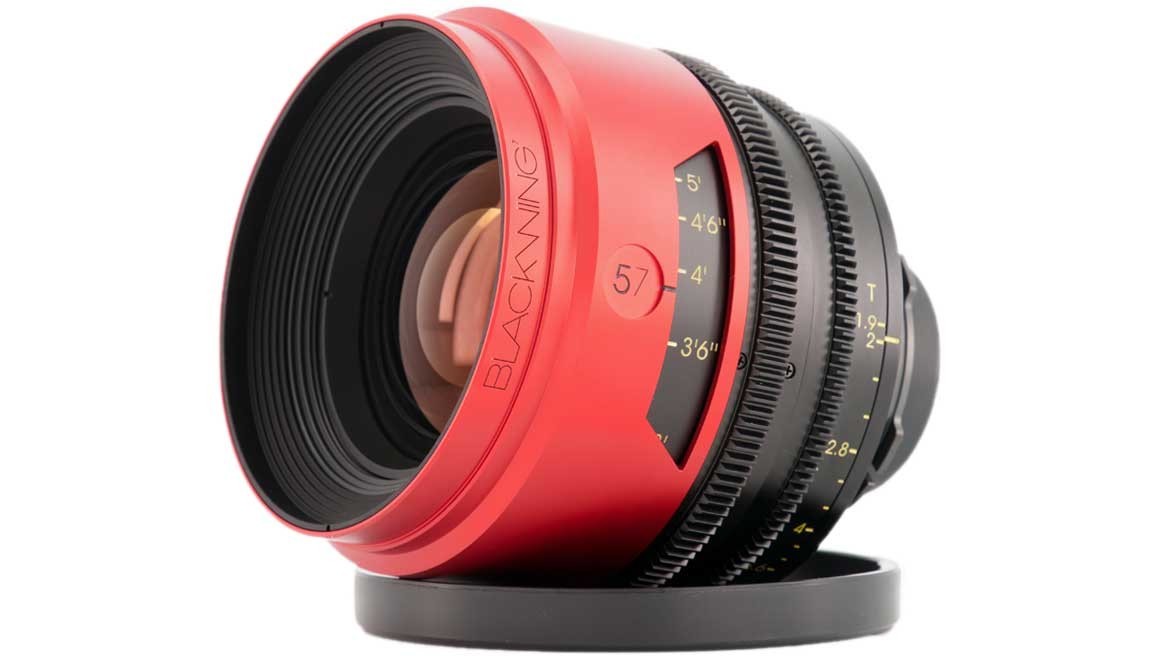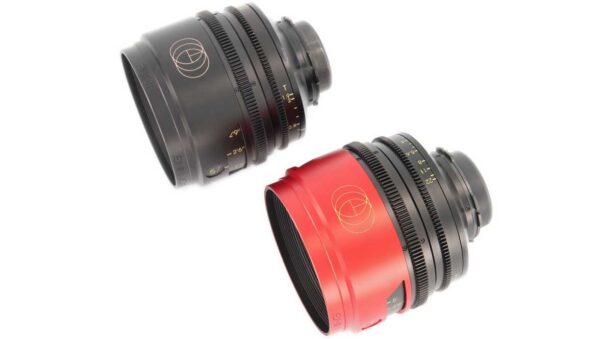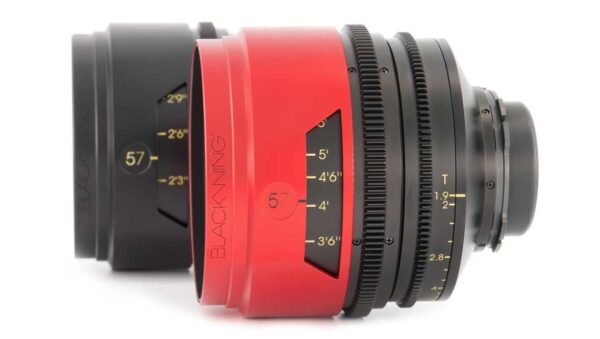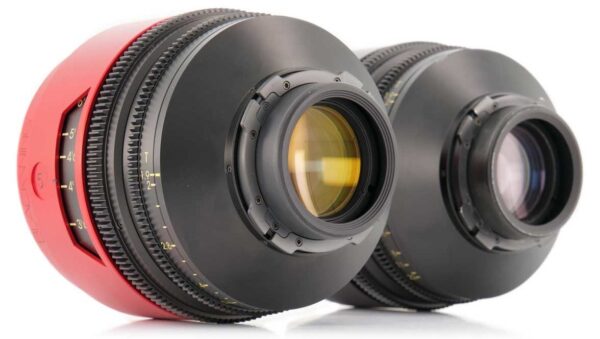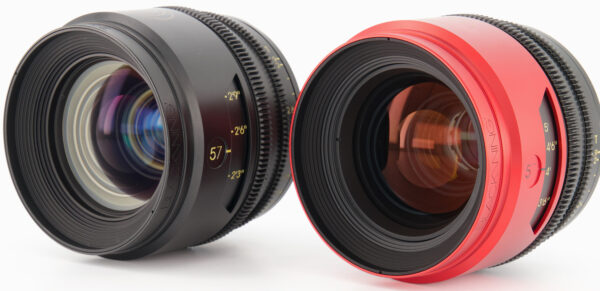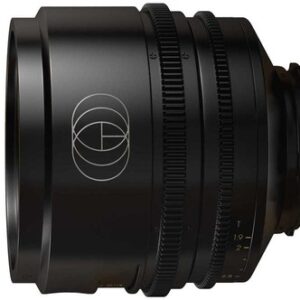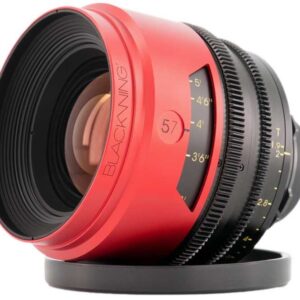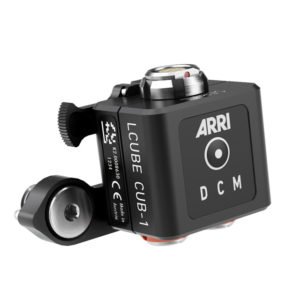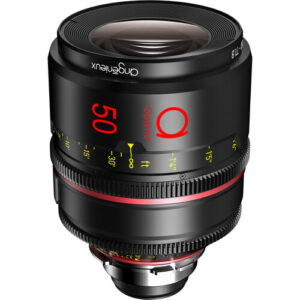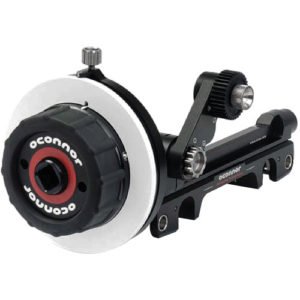Description
The Look:
Featuring an amber optic, SKIN 3000 produces a warmer look with strong amber flares and ghostings
SKIN 3000 allows any BLACKWING7 prime lens, of any manufactured tuning, to take on a new range of creative looks through the addition of replacing front and rear lens elements utilizing new, specially formulated, non-radioactive amber coatings. The unique look of lenses fitted with SKIN is a tribute to lenses made during the “Thorium years”. The warm amber hue produced by SKIN coatings and radically unique gold and intense ruby red ghost flare characteristics offer the choice of markedly different looks to be created over and above standard BLACKWING7 lenses. As the SKIN lens elements are replaceable, the process is fully reversible.
Focal Lengths:
23.7mm, 27mm, 37mm, 47mm, 57mm, 77mm, 107mm and 137mm
Field Re-Tunability:
The tuning of BLACKWING7 lenses to date has been defined at point of manufacturing, but part of the original creative ethos of TRIBE7 and a commitment made to the creative community when the company formed, has been to extend aesthetic lens choices for owners and rental companies alike by providing true field re-tunability. Front, rear (or both) lens elements, plus new replacement scarlet anodized focus scale covers, can be fitted at approved TRIBE7 service centers, or by skilled lens technicians with deep BLACKWING7 knowledge and training.
Backstory:
In 1939, general patents for optical glass containing radioactive Thorium oxide were first issued. Such formulations enabled lens designers and manufacturers to produce lens glass with lower dispersion and improved refractivity, which allowed for smaller, more cost-effective optics to be made in higher volumes.
In 1949, a patent with specific production formulations was issued to Kodak. One formula, by weight, included 12% Thorium and later formulations included up to 28% of the oxide.
Depending on the formulation content, and over many months and years of aging, Thoriated lenses take on an amber hue due to the influence of the radioactive decay of Thorium Oxide on other materials in the glass formulation. This warmer look proved exciting and compelling to photographers, and though the first commercial photographic lenses to incorporate Thorium appeared in the 1950s, their impact on creative cinema was not really felt until the 1970s and continued for decades after.
“Hero” stills photo lenses known to have contained Thorium oxide include the Canon FL 58mm f1.3 and several by the Asahi Optical Co. (notably, Super Takumar lenses). But the most memorable Thoriated optics, so far as cinematic usage is concerned, are the Canon FD and K35s from the 1970s which, for many, remain the defining and most sought-after lenses of the “vintage” era.
